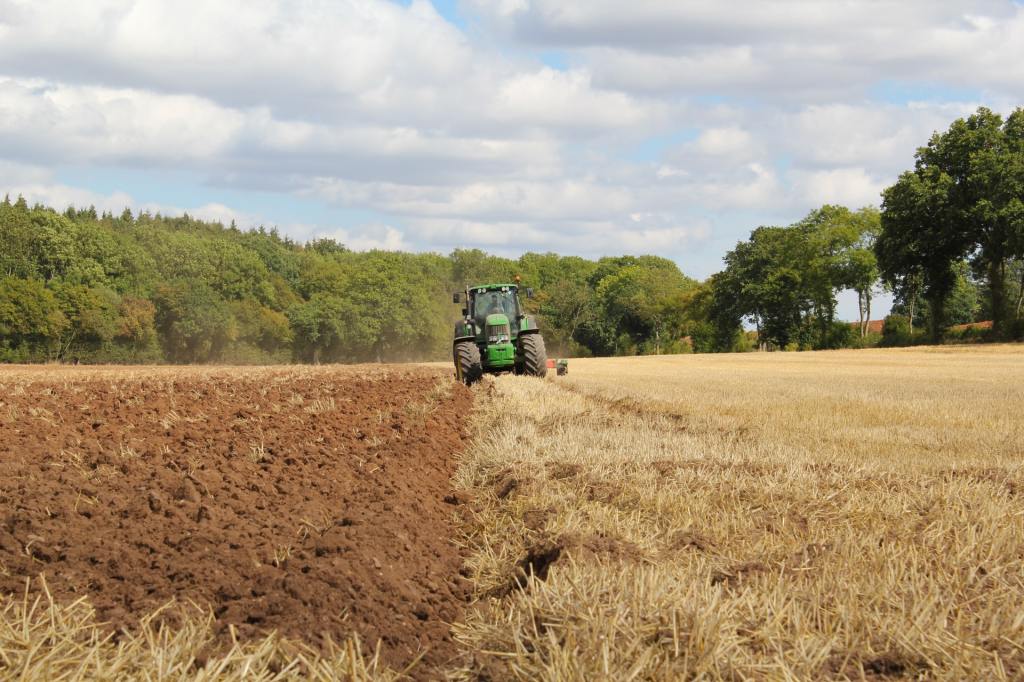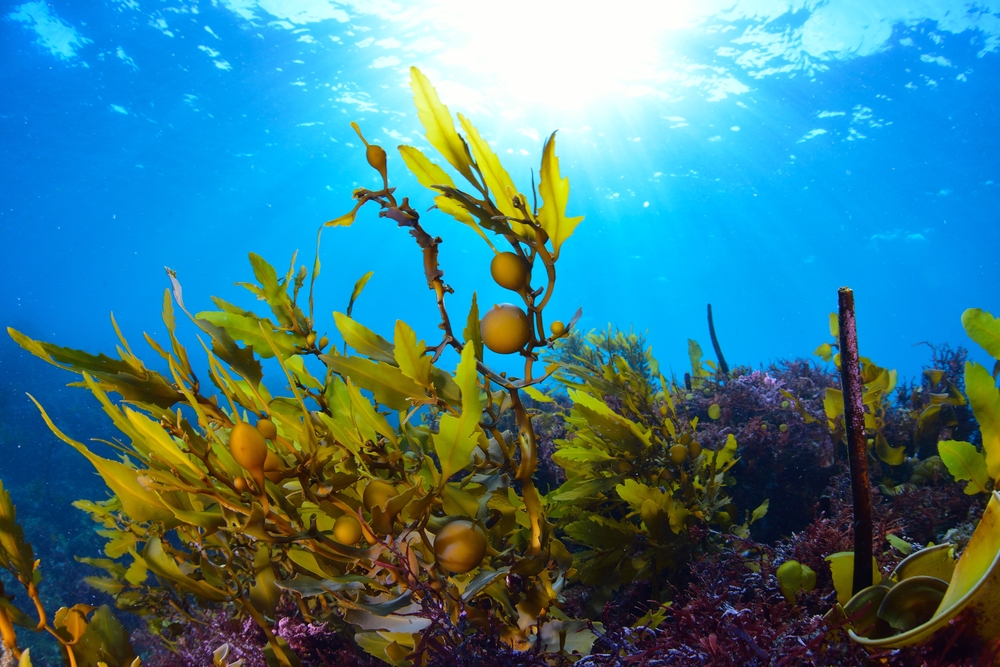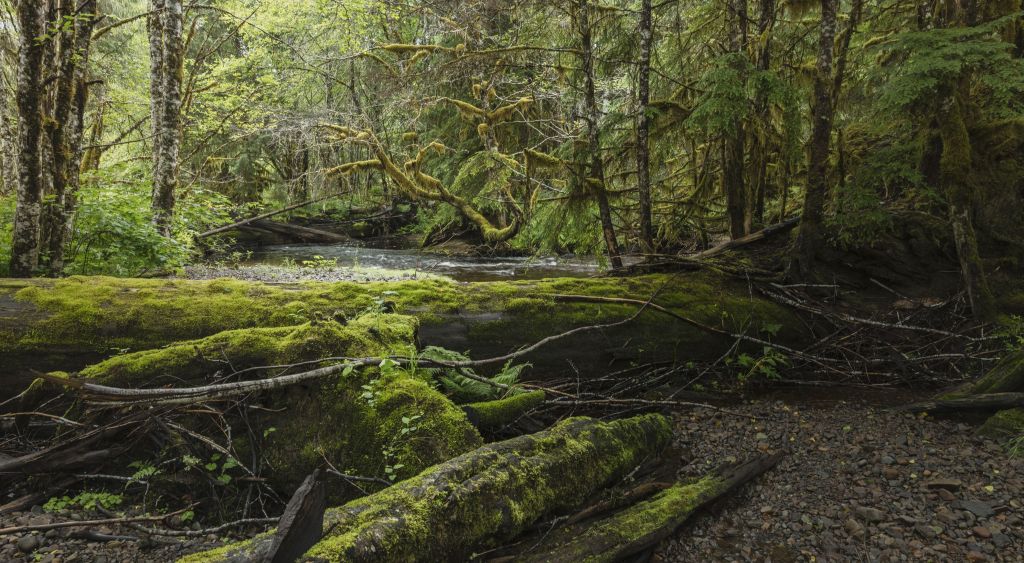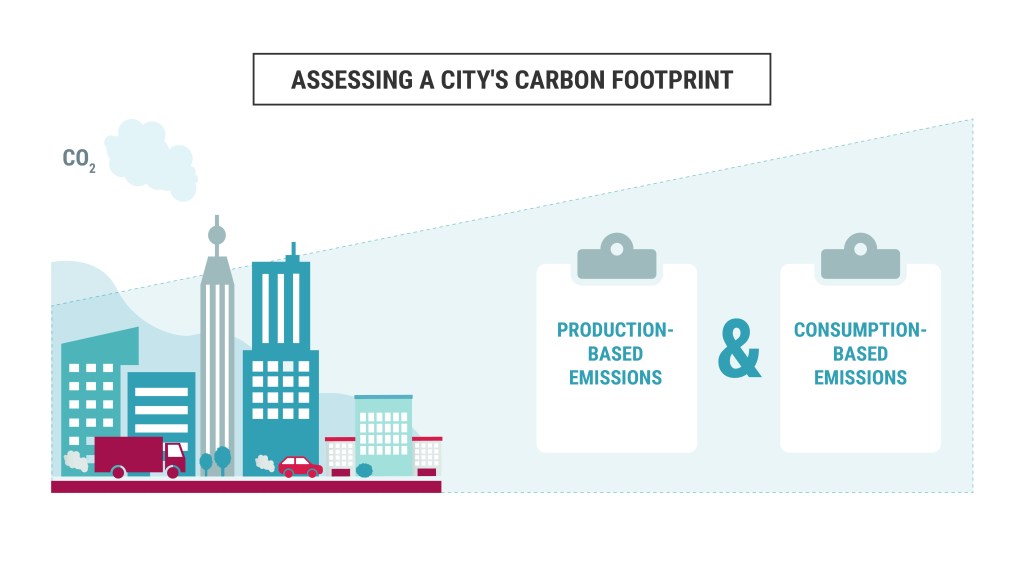Carbon Removal
Construction needs innovation to get to sustainability
The construction industry has a carbon reckoning ahead. Read More
North America should be growing huge swaths of bamboo — here's why
The grass has a bad rap in the U.S. as an invasive nuisance, but the plant can quickly sequester at least double the amount of carbon as a similar stand of trees. Read More
The success of carbon farming requires collaborative innovation
Business, NGOs, governments, academia, and community sectors must be involved to make effective system change. Read More
Our oceans could hold the best solutions to climate change
Absorbing heat and carbon dioxide, the ocean has so far lessened the effects of climate change caused by greenhouse gas emissions. Read More
What big bets by Bezos Earth Fund say about climate action in 2021
The Amazon and Blue Origin founder pledged $791 million of his $10 billion Bezos Earth Fund to 16 nonprofits. Read More
6 differences between forestry and soil carbon offsets
Here's what to look out for when buying soil or forestry carbon credits to decide which is better for your business. Read More
Cities should track emissions from the goods they import
A combination of production-based and consumption-based impact assessments will arm urban areas with an accurate starting point for developing robust climate action strategies. Read More
4 things corporations should know about urban forestry projects
Planting trees in cities has become a hot topic for sustainable investment among businesses, but these projects are very different than typical efforts. Read More
Strategy firm BCG pledges net-zero impact, eyes ‘carbon positive’ future
Plans investments in carbon removal projects and technologies, starting at $35 per metric ton in 2025. Read More
How this Aussie brewery incorporates algae into beer production
Algae is said to be up to five times more effective at absorbing carbon than trees, Read More









